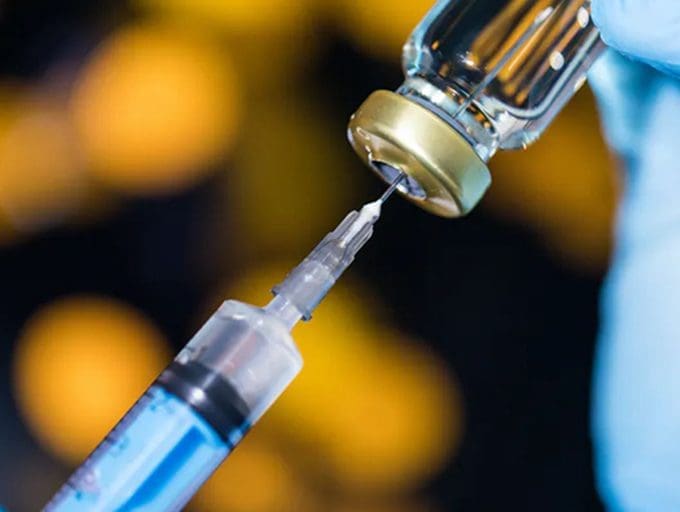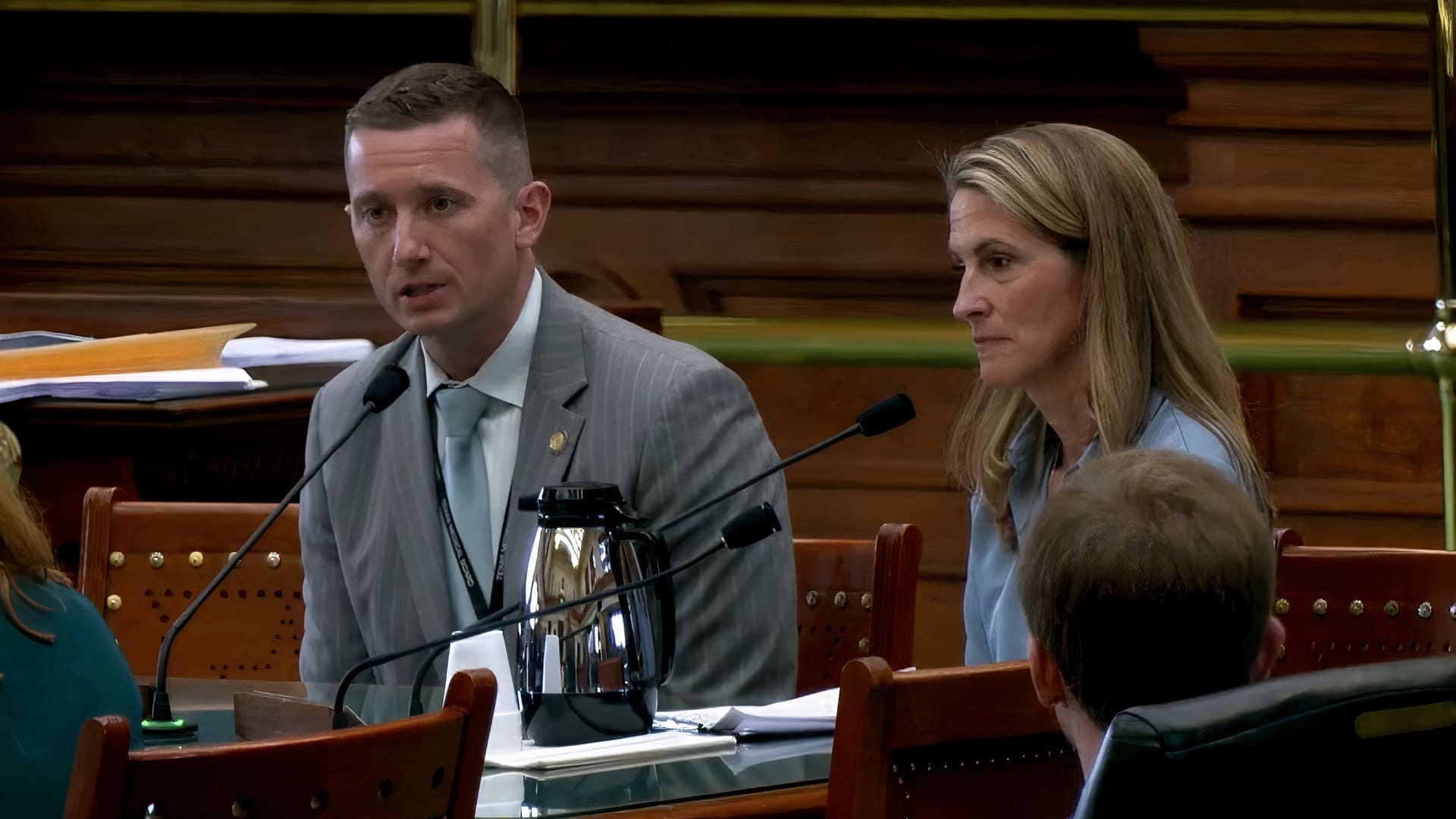Collin County’s top elected official says he has “zero confidence” in the “inaccurate and unreliable” Chinese coronavirus data reported by the state, and he’s making sure his constituents know about it.
County Judge Chris Hill said during Monday’s commissioners court meeting the county is “100 percent certain” the COVID-19 data provided by the Texas Department of State Health Services (DSHS) and its Texas Health Trace tracking system is not accurate.
“I have zero confidence in the numbers that are presented on our dashboard,” Hill said. “I refuse to report these numbers as if I have confidence in them.”
On Tuesday, the county added this disclaimer to its local case reporting page:
Warning: Collin County is providing COVID-19 numbers and data as a convenience to our residents. However, because we have been made aware of inaccuracies in the Department of State Health Services’ reporting, we must advise residents that Collin County has no confidence in the data currently being provided to us.
Hill then posted this explanation on Facebook:
“Since June 1, Texas DSHS has been responsible for all COVID-19 case investigations, contact tracing, and case reporting for Collin County. Unfortunately, the reports and case totals continue to be plagued by mistakes and errors. The Commissioners Court is 100% certain that the COVID-19 data being reported for Collin County is inaccurate.
“Collin County provides a COVID-19 dashboard on the county website, but the data populating the dashboard is provided by DSHS and Texas Trace.”
The latest DSHS mistake that sparked Hill’s frustration was a dump of over a thousand Collin County cases dating back as far as March—creating a false spike and, from a patient tracking standpoint, providing “just worthless information at this point,” Hill said at Monday’s meeting.
“It’s ridiculous,” he added. “How do I guide us through a disaster declaration when I have 100 percent certainty that the numbers I’ve been given are false.”
“What the state has reported out is that they definitely had some technology issues in moving lab reports into their system to distribute out to the counties,” County Administrator Bill Bilyeau told Hill about the case backlog. Bilyeau also said the state is not clearing all recovered cases from active case totals.
In mid-May, before transferring the county’s coronavirus case management and reporting to the state, Hill raised concerns about whether a DSHS plan to start reporting “probable” cases could artificially spike Collin’s case counts.
“Back in May when I met with the governor’s chief of staff and Strike Force, they assured me they would not count any probables… and if we reported probables to them, they would put them in a separate category,” Hill said Monday. “Now that we don’t handle that, I don’t have any idea what the state is doing.”
Hill and Commissioner Cheryl Williams wanted to keep control of local case tracking within the county’s health department, but they were outvoted by the other three commissioners, who said the county would not be able to hire enough staff to manage the caseload and should not spend money on something the state was already doing.
“Everyone that has contacted me, I’ve told them that I don’t think we have trustworthy data, and I don’t think the state has trustworthy data, and the frustrating part about that is people are trying to make policy on [that] data,” Williams said.
“We don’t really know from any given day-to-day what’s accurate and what’s not,” she added. “If people are relying on that or trying to look at trends, I’m not sure we’re doing them any service by providing numbers we can’t back up or aren’t confident in.”
Hill said even the definition of hospitalizations had changed, compromising data comparisons over time.
“It drives the narrative, it drives the dollars,” Hill said. “There’s no connection in the numbers pre-June 1 and post-June 1. There’s just no correlation to the two trends that we’ve had since we turned it over to the state.”
“My confidence level in these numbers had already been at nil,” he added. “So now that we have 100 percent confidence that they’re inaccurate, I think we’re doing a disservice to our community by putting those numbers out there and saying ‘this is what’s going on in Collin County.’”
“This data malfeasance is intolerable and should lead to multiple terminations at Texas DSHS,” said local resident Mike Openshaw, a conservative activist with a background in medical microbiology/virology and data analysis who has been tracking global coronavirus reporting since the pandemic began. “No one can make sound policy with this level of ineptitude in data management and presentation.”
The state has continued to stand by its data reporting, even as it is continually caught making mistakes.
At a press conference Tuesday, Gov. Greg Abbott said he has “greater confidence today than I’ve ever had” that the state is reporting accurate results.





